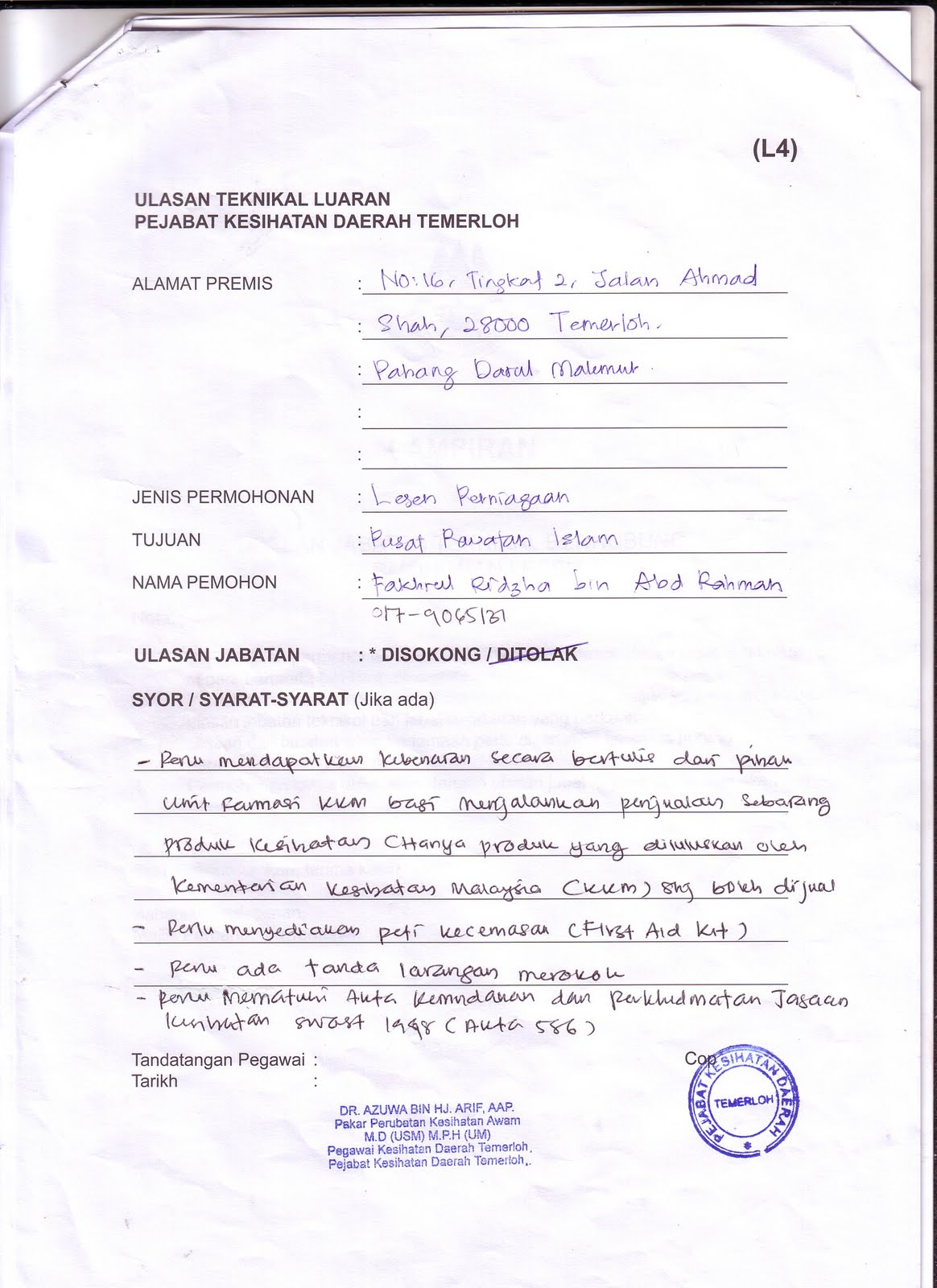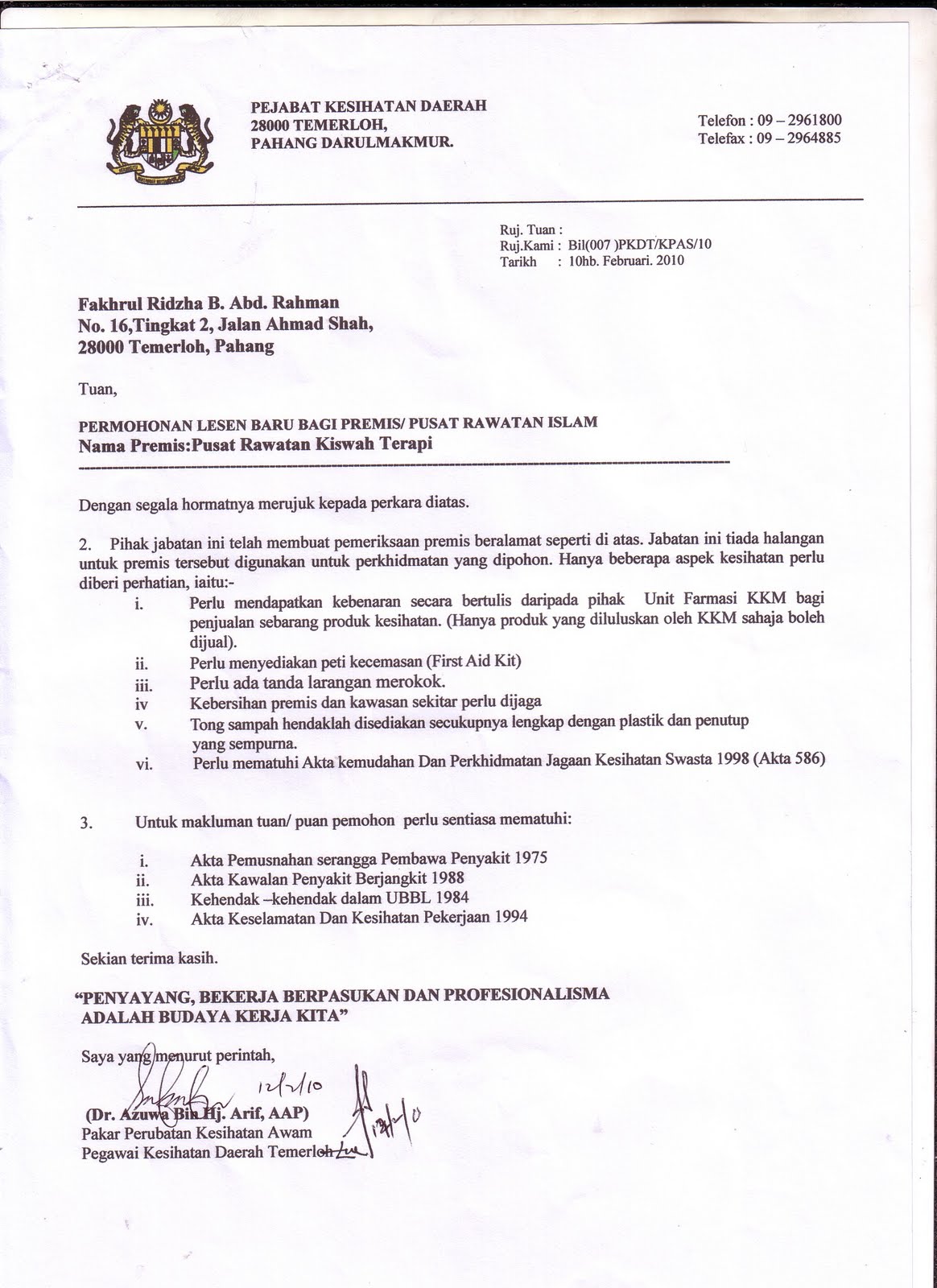The Crucial Role of Physician Assistants in Modern Healthcare
Imagine walking into a doctor's office, feeling a mix of anxiety and hope. You're ushered into the examination room, and a friendly face greets you. They ask about your symptoms, listen attentively, and examine you with care. Later, they discuss your diagnosis and treatment plan in detail. This person, a vital part of your healthcare team, might not be a doctor, but a highly skilled Physician Assistant.
Physician Assistants, often referred to as PAs, are healthcare professionals playing an increasingly crucial role in today's complex medical landscape. They are trained to provide a wide range of medical services, working collaboratively with physicians to ensure patients receive comprehensive and compassionate care. From diagnosing illnesses and developing treatment plans to assisting in surgeries and educating patients, PAs are integral to the efficient functioning of healthcare systems worldwide.
But what exactly does a Physician Assistant do? How do they differ from doctors, and what are the benefits of having them as part of your healthcare team? This article delves into the world of Physician Assistants, exploring their history, their significance in modern medicine, and the positive impact they have on patient care.
Whether you're a patient seeking to understand the different roles within the healthcare system or considering a career in medicine, understanding the vital contributions of Physician Assistants is essential. Their dedication, expertise, and collaborative spirit make them invaluable assets in delivering high-quality healthcare to people from all walks of life.
Join us as we explore the fascinating world of Physician Assistants and gain a deeper appreciation for their significant contributions to the health and well-being of individuals and communities worldwide.
History and Evolution of Physician Assistants
The roots of the Physician Assistant profession can be traced back to the mid-20th century, driven by a growing need to address physician shortages and improve access to healthcare, especially in underserved areas. The first formal PA program was established in 1965 at Duke University in the United States, with Dr. Eugene Stead leading the way. This pioneering program aimed to train skilled healthcare providers who could extend the reach of physicians and improve the efficiency of healthcare delivery.
Understanding the Role of Physician Assistants
Physician Assistants are medical professionals licensed to practice medicine under the supervision of a physician. They work collaboratively with physicians and other healthcare providers to deliver a wide range of medical services, including:
- Taking patient histories and conducting physical exams
- Diagnosing and treating illnesses
- Ordering and interpreting diagnostic tests
- Developing treatment plans
- Assisting in surgeries
- Providing patient education and counseling
Benefits of Having Physician Assistants in the Healthcare Team
The integration of Physician Assistants into healthcare teams has yielded numerous benefits for patients, physicians, and healthcare systems as a whole:
- Increased Access to Care: PAs help extend the reach of physicians, particularly in underserved areas, reducing wait times and improving access to essential healthcare services.
- Enhanced Patient Satisfaction: Known for their strong communication and interpersonal skills, PAs often spend more time with patients, providing personalized care and addressing their concerns thoroughly.
- Improved Healthcare Efficiency: By taking on a wide range of responsibilities, PAs contribute to the efficient functioning of healthcare teams, allowing physicians to focus on more complex cases and procedures.
Advantages and Disadvantages of Physician Assistants
While the profession offers numerous benefits, it's crucial to acknowledge both the advantages and disadvantages associated with being a Physician Assistant:
| Advantages | Disadvantages |
|---|---|
| Rewarding and impactful career path | Potential for limited autonomy depending on practice setting |
| Strong job outlook and earning potential | Demands for continuous learning and professional development |
| Flexibility to work in various healthcare settings | Exposure to demanding work environments and emotional challenges |
Frequently Asked Questions about Physician Assistants
Let's address some common questions surrounding the role and responsibilities of Physician Assistants:
- Q: What is the difference between a Physician Assistant and a Doctor?
A: While both PAs and doctors play vital roles in healthcare, doctors undergo more extensive training and education, culminating in a medical degree. PAs, however, complete a rigorous master's degree program and practice medicine under a doctor's supervision. This collaborative model allows for comprehensive care while optimizing the strengths of both professions.
- Q: What can a Physician Assistant do that a Nurse Practitioner cannot?
A: While there are overlaps in their scope of practice, PAs and Nurse Practitioners often specialize in different areas. PAs tend to work more closely with physicians in a specific specialty, such as surgery or emergency medicine, while Nurse Practitioners often focus on primary care or managing chronic conditions. The specific tasks and procedures each can perform vary depending on state regulations and practice settings.
Conclusion
Physician Assistants have emerged as indispensable members of the healthcare workforce, bridging gaps in access to care and playing a pivotal role in delivering high-quality, patient-centered medical services. Their comprehensive training, collaborative approach, and commitment to patient well-being make them invaluable assets to healthcare teams worldwide. As the demand for healthcare professionals continues to rise, Physician Assistants are well-positioned to make even more significant contributions to the health and well-being of individuals and communities for generations to come.

Contoh Resume Mohon Kerja Hospital | YonathAn-Avis Hai
Contoh Uniform Penolong Pegawai Perubatan Male Penolong Pegawai | YonathAn-Avis Hai

pegawai perubatan in english | YonathAn-Avis Hai

Project 2 Fourth Edition UNIT 1A test worksheet Ordinal Numbers | YonathAn-Avis Hai

Senarai Pegawai Perubatan Yang Layak Membuat Pemeriksaan Kesihatan Bagi | YonathAn-Avis Hai

Contoh Surat Pengesahan Rawatan Contoh Surat Riset | YonathAn-Avis Hai

Surat Sokongan Dan Pengesahan Ketua Jabatan '09 | YonathAn-Avis Hai

Contoh Surat Pengesahan Jawatan Dari Majikan Contoh Surat Pengesahan | YonathAn-Avis Hai

Contoh Surat Berhenti Kerja 24 Jam Pdf Free | YonathAn-Avis Hai

pegawai perubatan in english | YonathAn-Avis Hai

KKM luluskan pemanjangan cuti tugas khas perubatan, cuti Tibi pegawai | YonathAn-Avis Hai

Menkeu : APBN dan APBD Perlu Disinergikan | YonathAn-Avis Hai

Adverbs, Adjectives, Worksheets, Fast Bikes, Syllable, Sentences | YonathAn-Avis Hai

Logo Penolong Pegawai Perubatan | YonathAn-Avis Hai

Pelajari 5 Contoh Surat Akuan Penerimaan Borang Cont | YonathAn-Avis Hai